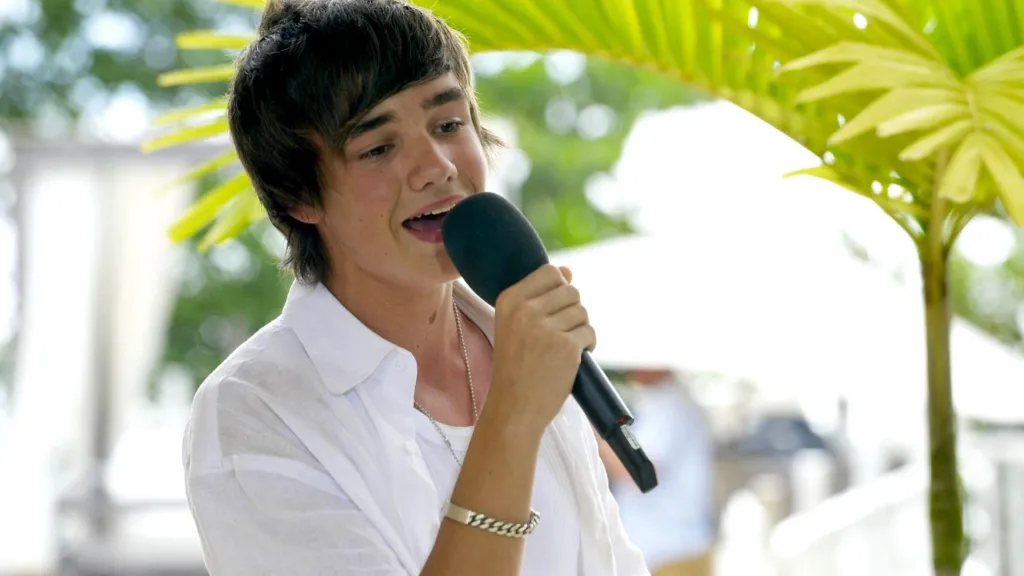Liam Payne, the beloved former member of One Direction, was only 14 when he first auditioned for The X Factor in 2008. Fast forward to a heartbreaking recent loss, as the pop sensation passed away at the young age of 31 after a tragic fall from a hotel balcony in Argentina. The exact circumstances of his death remain unclear, but Liam had been vocal about his struggles with fame and mental health for years.
In a poignant letter read on BBC Radio in 2020, Payne addressed his 10-year-old self, saying, “Get Ready, it’s about to get a little bumpy.” He recalled the incredible highs of stardom, from traveling the world to achieving unimaginable success with One Direction, a band that would go on to sell over 70 million albums and become a global phenomenon. Yet, he warned, “Then it will end for a while, and you will be left with nothing but the steering wheel.”
The journey to stardom is rarely smooth, especially for those thrust into the limelight at a young age. As part of One Direction, which finished as runners-up on The X Factor in 2010, Liam experienced a whirlwind of fame, but he also faced immense pressures. He described the lifestyle as “fun” but admitted that it sometimes became “a little bit toxic.” The relentless scrutiny of paparazzi, the stress of tour life, and the omnipresence of social media took a toll on his mental well-being.
In candid interviews, Liam revealed his struggle to cope with the overwhelming nature of fame, often resorting to alcohol as a means to escape. “I used alcohol to cope because there was no other way to get your head around what was going on,” he admitted. As One Direction disbanded in 2016, Liam found himself grappling with an identity crisis, uncertain of how to navigate life outside the boy band that had defined his adolescence.
Psychological experts have noted that transitioning from the spotlight can be particularly challenging for young stars. Prof. John Oates, involved in consultations regarding the well-being of child performers, pointed out that for many, fame can be integral to their self-esteem. “How can they be helped to manage the loss of that?” he questioned, emphasizing the need for personal development beyond external validation.
Despite his struggles, Liam’s experiences were reflective of a larger narrative surrounding teenage stardom, reminiscent of the challenges faced by other young icons like Britney Spears and Justin Bieber. These artists often find it difficult to navigate the highs and lows of fame, leading to tragic outcomes for some.
Shortly after Liam’s passing, fellow X Factor contestant Rebecca Ferguson shared a heartfelt tribute, reminiscing about their hopeful beginnings. She expressed a deep sorrow, believing that had circumstances been different, Liam would still be alive. Former judge Sharon Osbourne echoed this sentiment, lamenting that the industry had failed to protect its young talents.
As fans, we are reminded of the human cost of fame, especially for those who, like Liam, began their journeys as mere children. His life and struggles shed light on the pressing need for greater support systems for young artists navigating the complexities of fame.
If you or someone you know is struggling, resources and support organizations are available to provide assistance and guidance.
This content captures the essence of Liam Payne’s struggles with fame while honoring his legacy, emphasizing both the glamour and the darker realities that can accompany stardom.


